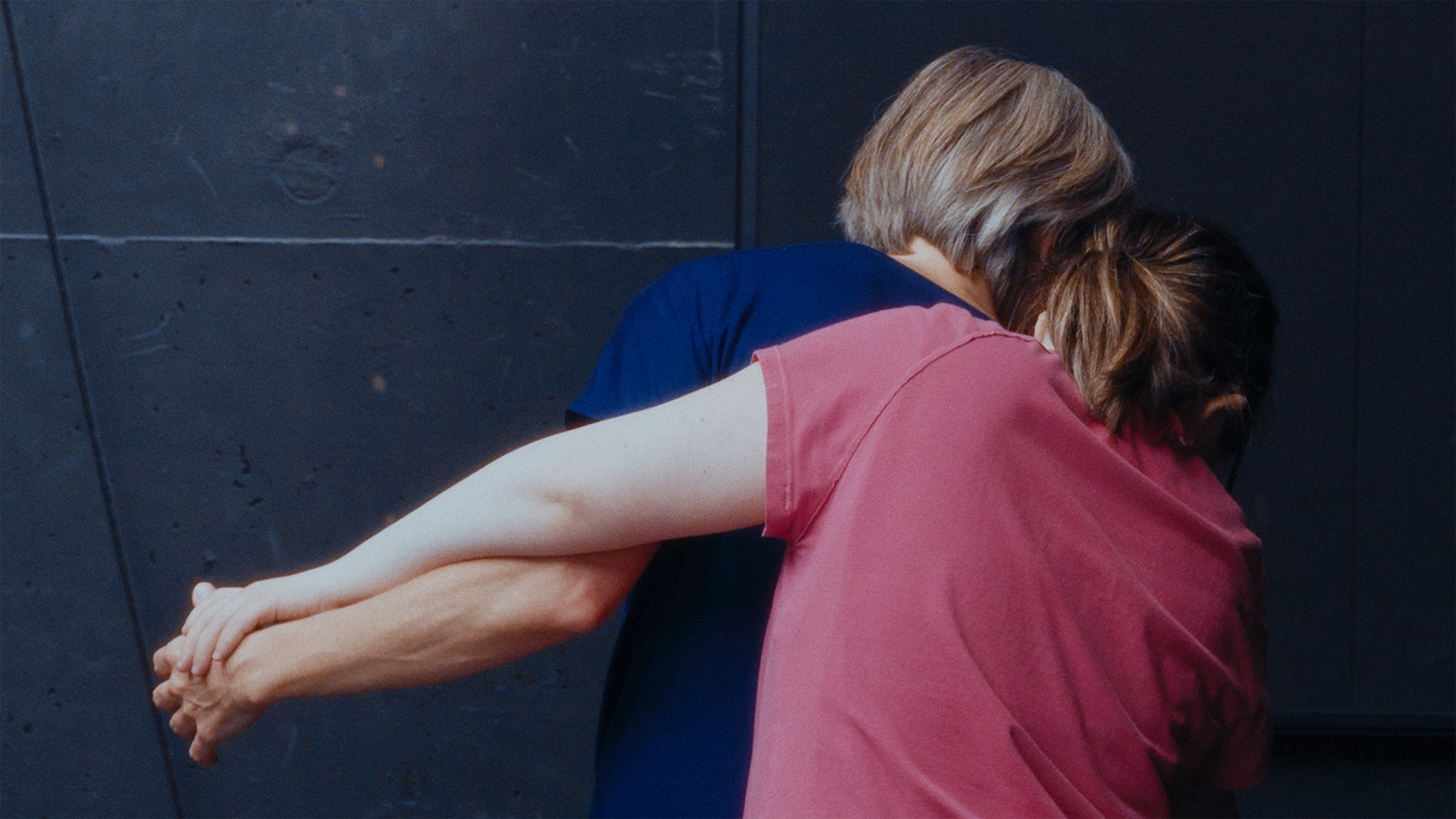Born in San Francisco in the late 1800s, Isadora Duncan is often credited as the “Mother of Modern Dance” because she created the kind of free yet still disciplined movement which in turn inspired modern masters such as Martha Graham, Frederick Ashton and Mikhail Fokine. But few may know that behind her extroverted poses and flamboyant dance choreography, Duncan lived a life of infinite pain, which culminated in her untimely death, strangulated by a scarf caught in a moving car at the age of fifty.
In his new film, ‘Isadora’s Children’ which premieres this week at the Locarno Festival in Switzerland, filmmaker Damien Manivel places four women, four dancers — Agathe Bonitzer, Manon Carpentier, Marika Rizzi and Elsa Wolliaston — in front of Duncan’s famous choreography, ‘Mother’. The piece is a particularly poignant work to the music of Alexander Scriabin’s ‘Etude, Op. 2, No. 1’ and describing the tragic incident in the dancer’s life, when her two children drowned in the Seine, the result of the car they were riding in plunging into the Parisian river. In turn, and at the movies ‘Mother’ is the perfect way to find Duncan’s soul, as well as discover our own pain within her work.
I caught up with Manivel via email and asked him a couple of questions about his own connection with Isadora Duncan, as well as how he felt directing what is clearly a woman-centric film.
What is your own connection to Isadora Duncan’s story, her character?

Damien Manivel: Above all, I admire the artist for being so excessive and demanding. She was clearly ahead of everyone in the way she danced and her theories about dance. Then, her life story touched me because she is punctuated with tragedies, trials from which she has more or less always raised [above] thanks to art. The story that inspires my film is based on the death of the children of Isadora in April 1913 when they were 4 and 6 years old. From this ultimate suffering, Isadora created a dance solo entitled “Mother”. This dance is the starting point of my film “Isadora’s children”.
How did the inspiration for ‘Isadora’s Children’ come about?
Manivel: I discovered this tragic story and the existence of this dance by chance. We were doing dance tests with actress Agathe Bonitzer. One day, during an improvisation, Agathe made a very slow gesture, like a farewell, arms outstretched. A choreographer friend who was helping us, turned to me and said that this gesture reminded her of Isadora Duncan’s solo “Mother”. She then taught me all this tragic story and I listened to the beautiful music of Scriabin. I then watched the dance, it seems very simple — it describes the crossing of a mother who carries her child until his last rest — but it’s very subtle, deep and tragic. It touched me a lot and I immediately understood that I found there a source from which I could build a story both personal and ample.
Here is a woman’s story, women dancing her painful creation but here you are, a male filmmaker. I know we often talk about women owning men’s stories but you offer a great antidote — a man owning women’s stories. Can you talk about how you approached this film? And how personal it is for you.
Manivel: The four women who meet [encounter] this dance in the film take charge, take care of Isadora’s pain and transform it, a century later, back into dance. In my own way, by creating this film, I make a similar gesture, I try to put back her dance in the world. Of course, I’m not a woman and no one can understand the pain she endured, but each of us, the actresses and I as a director, have tried to make this story resonate with us and make a film tuned to transmission and life.
Does ‘Mother’ hold any lessons for today, for us, for the audience watching your film in Locarno?
Manivel: I do not make films to deliver a message, but rather to feel emotions. In this film, it is through dance gestures that one can feel a discreet but profound emotion and also how art can transform suffering into beauty. I hope the audience will be touched by this story.
And finally, how would you describe yourself to someone who doesn’t know you?
Manivel: Watching my films may be a good way to get to really know me.


